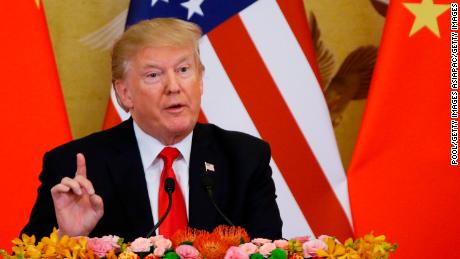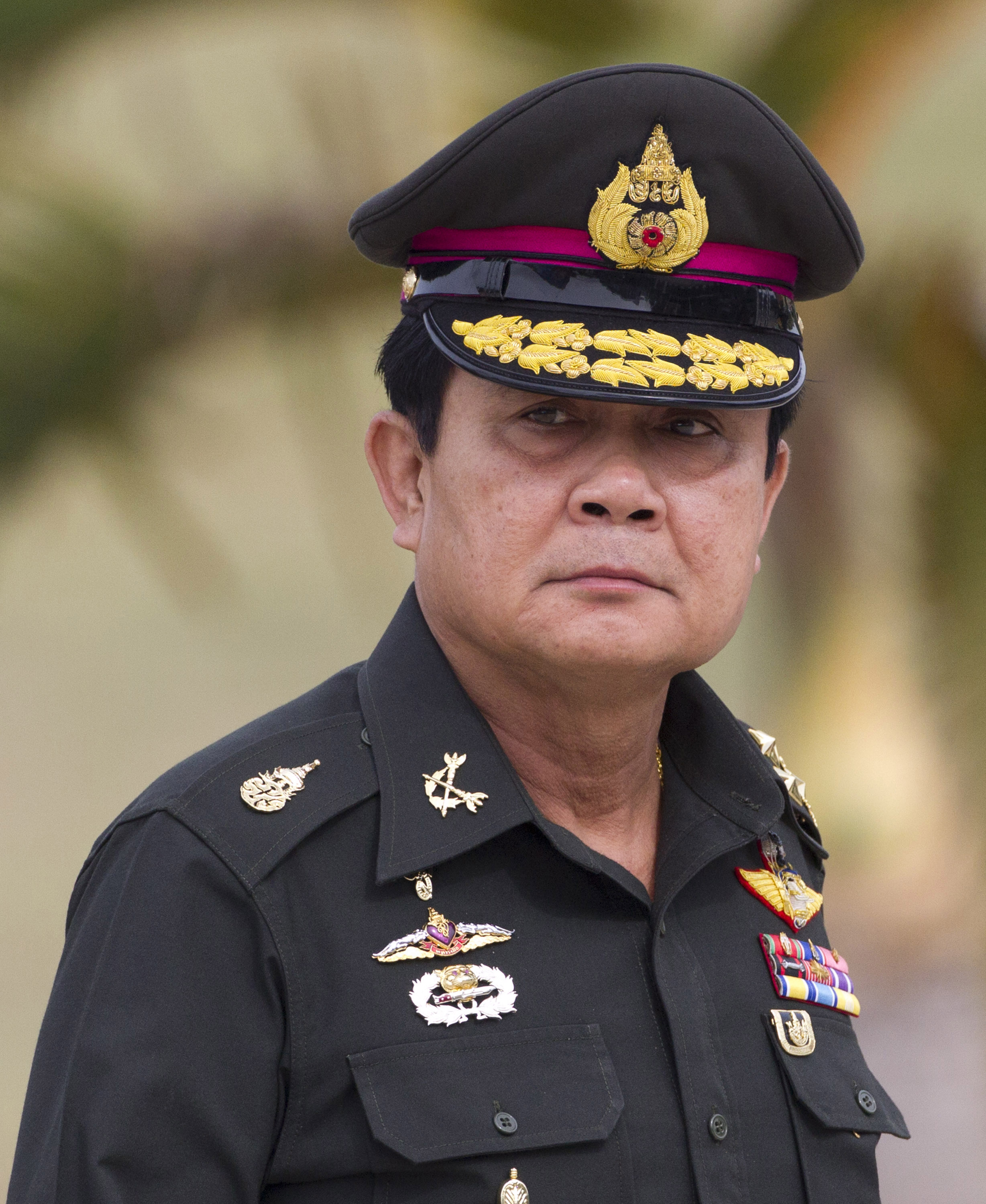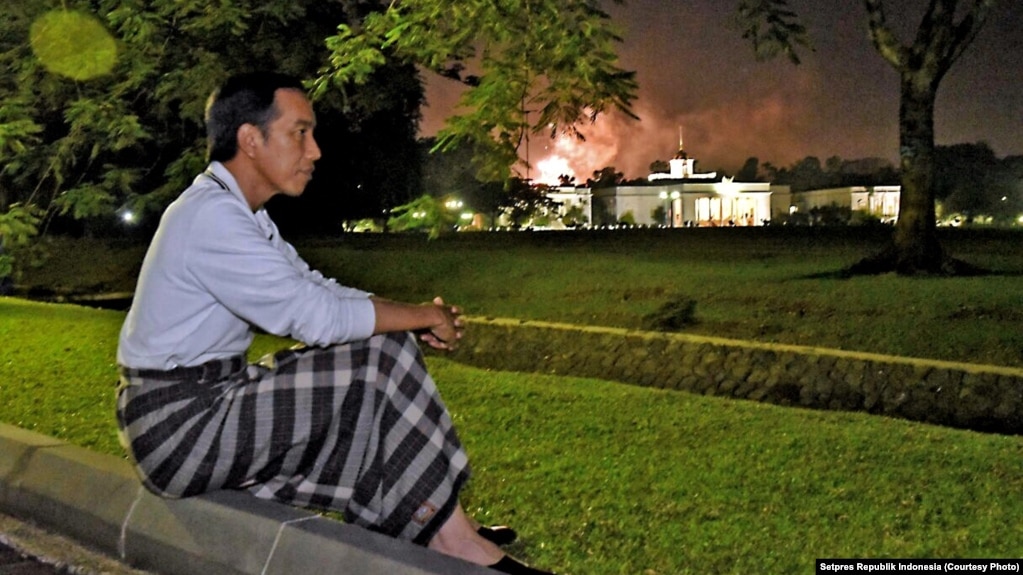March 31, 2018
GE14: The Politics of Personalities
By Chandra Muzaffar
http://www.freemalaysiatoday.com
If after 60 years of independence and 13 general elections, we are mired more in personality-driven politics today than we were 40 or 50 years ago, we should be deeply concerned about our nation’s future.–Chandra Muzaffar
I agree with him about the state of our politics, despite his tilt towards Najib Razak and FLOM Rosmah Mansor.–Din Merican
Malaysian politics has become overly personal. It is increasingly dominated by personal attacks. Vicious, vituperative comments are made about one’s political opponents.
When politics assumes a vicious personal dimension, it remains stunted. It fails to grow and mature. If after 60 years of independence and 13 general elections, we are mired more in personality-driven politics today than we were 40 or 50 years ago, we should be deeply concerned about our nation’s future.
The present state of affairs is partly due to some of the major personalities involved in the run-up to the 14th general election.
Dr. Mahathir Mohamad’s vilification of his adversary, Prime Minister Najib Razak, has exceeded all bounds. He has characterised him as a thief who has pillaged every wealth-generating agency in the country. This is a wild, reckless allegation.
Every now and then, Najib’s wife is also targeted. Even her hair-do has come under scrutiny!
Najib has been no less scathing in his attacks on Mahathir. While concern about Mahathir’s age is legitimate, the way it is caricatured borders on cruelty.
In almost every public address, even when it has no relationship to party politics, Najib takes pot shots at his 92-year-old opponent and scorns the policies he pursued when he was in power. It is as if Mahathir’s 22-year stewardship of the nation was an abysmal failure.
Najib, it must be remembered, was part of Mahathir’s government. If Najib has been uncharitable towards the elder politician, the latter has been equally dismissive of the Prime Minister’s efforts to address the nation’s current challenges.
It is because their mutual animosity and antagonism is so pronounced that even the barbs that they trade are so alike! Many months ago, Najib questioned Mahathir’s ethnic ancestry in a disparaging manner.
Mahathir then retaliated with equally deprecating remarks about Najib’s ancestry. By so doing, both sullied the unheralded endeavours of numerous civil society groups to strengthen ethnic harmony in multi-ethnic Malaysia.
Inter-personal antagonism colours electoral politics to such an extent today that issues of grave importance are not given the emphasis they deserve.
Though the question of integrity — the most critical challenge facing the nation — has come to the fore through 1MDB, none of the political actors has sought to explain why the lack of integrity has become ubiquitous in recent decades as mirrored in a multitude of cases, and how it can be overcome.
The inability to come to grips with the root causes of the decline of integrity could be because party politics and the politics of personalities have ensnared scandals like 1MDB.
Similarly, while some ad hoc solutions are propounded in order to combat the rising cost of living, the structural causes are not addressed since our politics revolves around personalities, not issues.
If interrogating power is a vital attribute of a flourishing democracy, is it possible that the neo-feudal attitude of unthinking loyalty to leadership practised within most political parties in the country impedes the growth of values and attitudes conducive for the nurturing of a democratic milieu?
Is the personality-oriented nature of Malaysian politics also one of the reasons why the underlying challenges in forging national solidarity have not been subjected to closer examination? In this regard, the role of religion in the public sphere — a weighty issue in a multi-religious society — has not elicited the sort of reflection that it urgently demands.
Here again, it is unlikely to happen when issues and trends are marginalised in favour of the politics of personalities.
How will a society like ours move away from its preoccupation with the politics of personalities with all its negative consequences?
Civil society groups can play a role by chastising political leaders who transgress the boundaries of “good behaviour and morality” envisaged in the Rukun Negara when they confront their political adversaries. They should impress upon these leaders the significance of “restraint”, “moderation” and “balance” in their political conduct.
At the same time, Malaysian citizens have a sacred responsibility to persuade politicians of whatever hue to focus upon fundamental issues related to integrity, the economy, democracy and national integration.
The media should also commit itself to these twin challenges. It is a pity that through their reporting and analysis, a number of journalists have also contributed to the strengthening of the politics of personalities.
Underlying trends and concerns may not attract readers and viewers as stories about personalities do. But more than civil society and the media, political personalities themselves should make the effort to change the tone and tenor of politics.
Najib and Mahathir should reach out to one another. As the person who wields more authority and is 28 years younger, Najib should initiate a grand gesture that will compel Mahathir to modify his own behaviour, which will make him less acerbic. What is that grand gesture?
If Mahathir offers himself as a candidate for Parliament in the coming election, the BN should not field a candidate against him. Let him be returned unopposed. Of course, PAS should also agree not to contest against Mahathir.
There are two reasons for this proposal. One, it will reduce the acrimony and the rancour between the two men and will be seen as an act of goodwill by all sides.
Two, taking into account all the pluses and minuses of Mahathir’s prime ministership, it is recognition of what he had done for the country.
He had transformed the nation’s economic base and its social structure. This transformation encompasses not only the relative peace and stability the nation enjoyed but also its international stature as a state that successfully preserved its independence and sovereignty in the face of major challenges.
I say this as someone who, unlike those who are savaging him today, was his critic right through the 1980s when he was at the peak of his power. And I had paid the price on at least two occasions for my stand against him.
And even today, while I am on the same page with him on the adverse impact of IMDB, I am critical of the alliances he has forged and the U-turns he has made in pursuit of his goal of ousting Prime Minister Najib.
Nonetheless, the nation as a whole should acknowledge the role he had played in the past. Allowing him to win his parliamentary seat uncontested would be a civilised move from a civilised people.
For Najib, a gesture of this sort will not only boost his image; it may even enhance the BN’s standing with the people.
Dr Chandra Muzaffar has been writing about Malaysian politics since 1970.

















